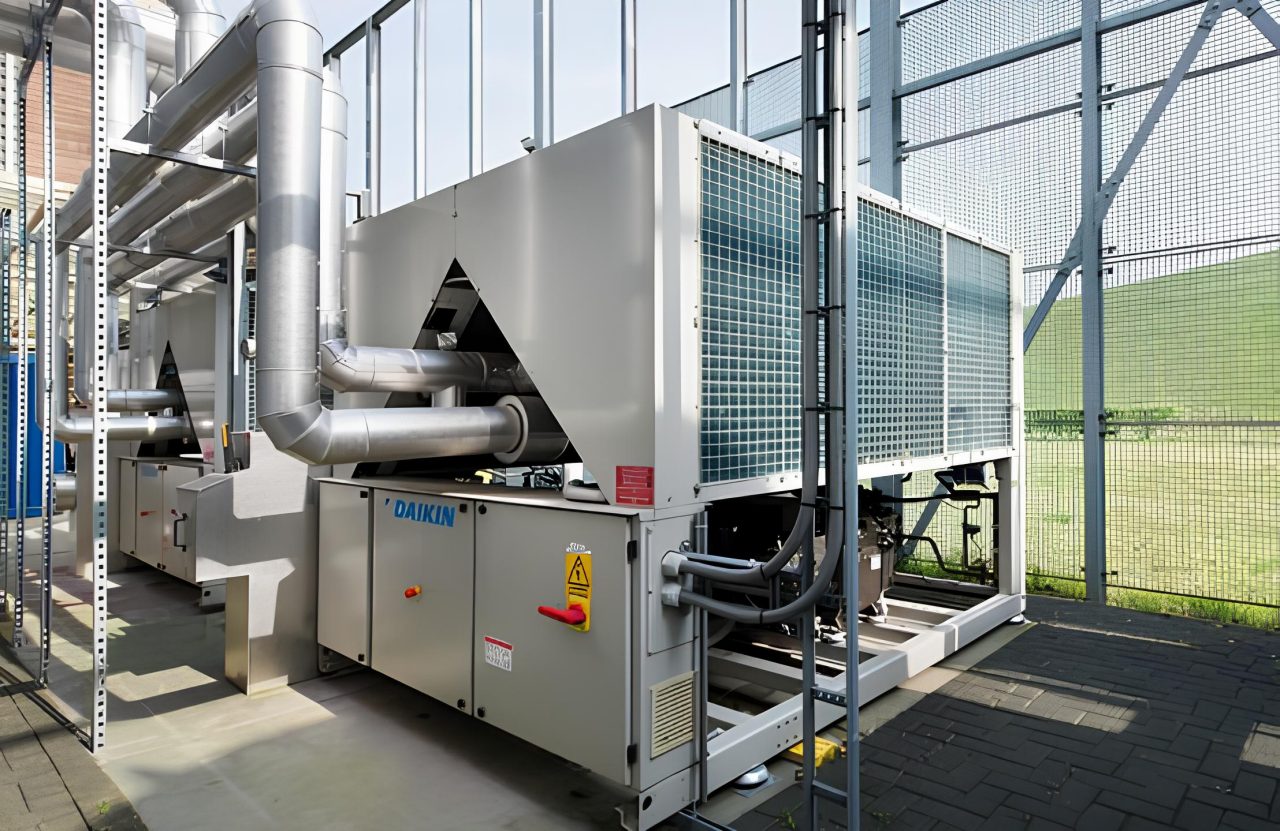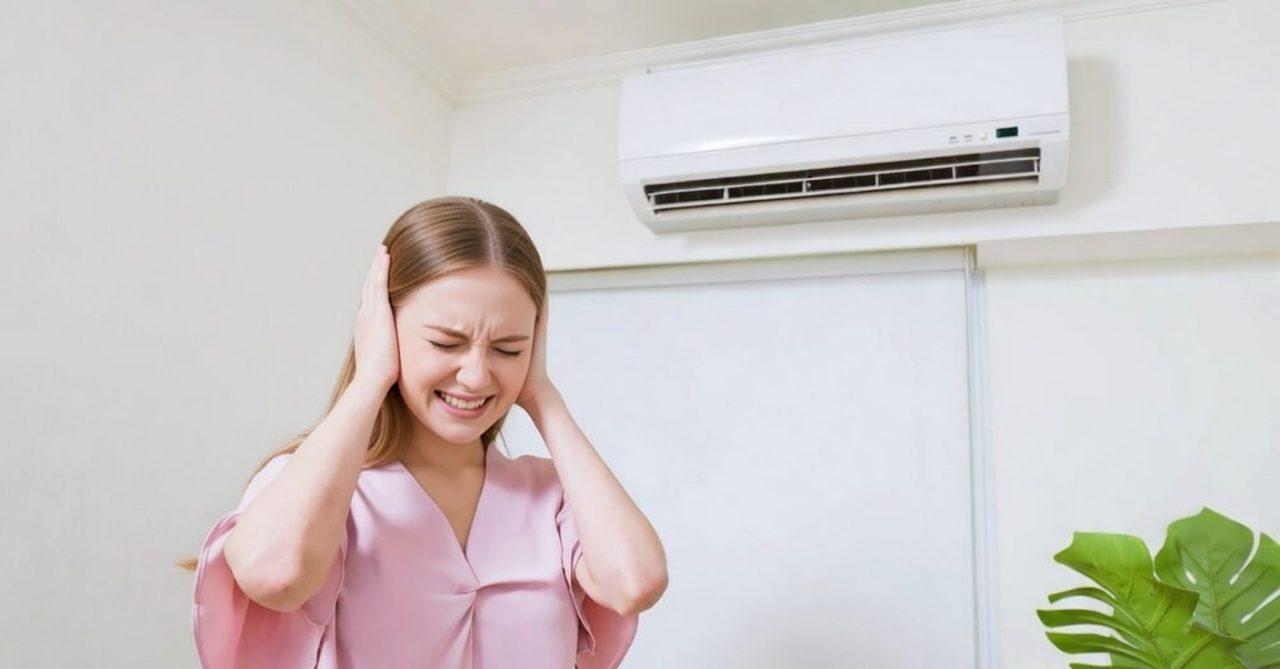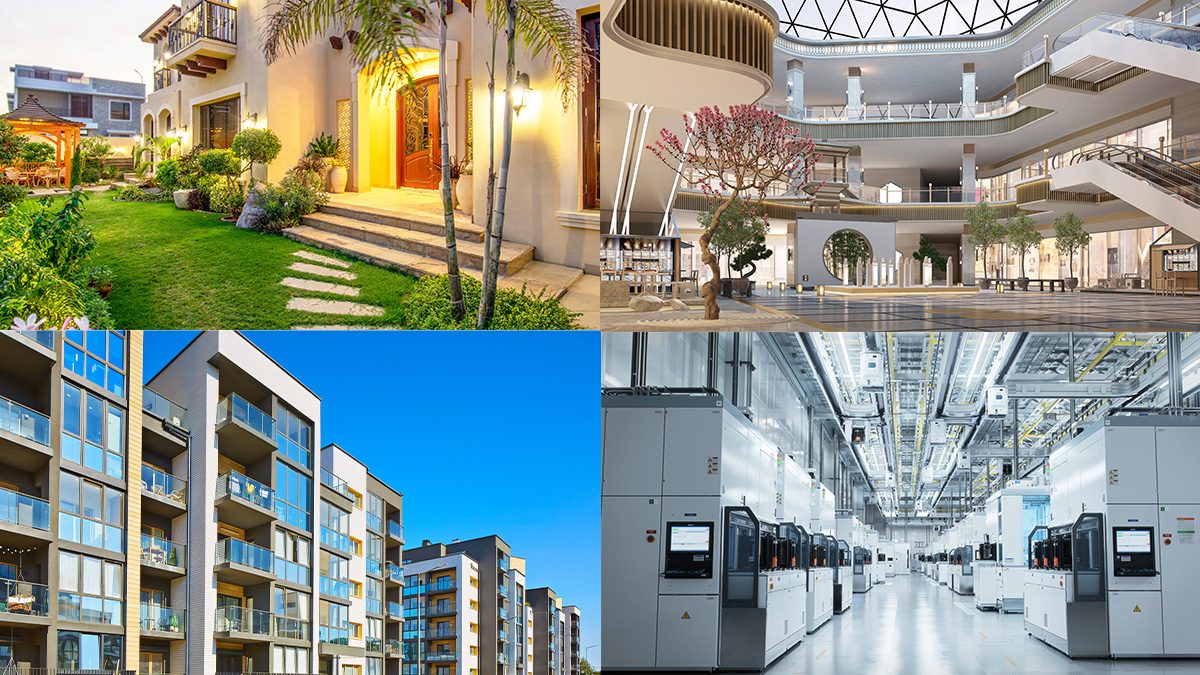
If you’re cooling a large area, or small, finding the right chiller for the job is important. Each kind is specifically suited to a particular type of job, and getting the right one means better performance and better efficiency.
Chillers are important parts of large cooling systems and are very common in industries including manufacturing and healthcare, but you see them in smaller spaces as well. There are basically two types – air-cooled and water-cooled, Understanding the key differences between these two is critical in order to make the right choice. The end result is the same – they both cool down air – but they do it in quite different ways.
So in this article, we will look at everything you need to know when it comes to weighing up air-cooled versus water-cooled chillers and how to make the best decision for you. At Daikin, we have been making and installing chillers for a very long time. As a global leader in HVAC technology since 1924, Daikin’s experts have decades of expertise and have installed millions of units globally. And in this article we will break down everything you need to know, including comparisons between the two, breaking down how each system works, as well as their unique differences. At the end we will also get to some FAQs as well.
So let’s get started.
Air-cooled vs. water-cooled chillers: 2025 guide
The size of the space is the most important factor when it comes to choosing the right chiller. Air-cooled and water-cooled are suitable for quite different applications. Usually, you will find air-cooled chillers, which are quite easy to install, in smaller spaces. Meanwhile, water-cooled chillers are ideal for large facilities where high-capacity cooling is required – but they require more work to install.
Let’s now look at how each chiller works in more detail.
How air-cooled chillers work
A typical air-cooled chiller transfers heat from water into the surrounding air using condenser fans. These chillers are self-contained units that are located outdoors and are generally easier to install than water-cooled systems. Because of this, you will find them in smaller commercial spaces, as well as other spaces where there isn’t a large amount of water available. One of the issues with air-cooled systems is that they are not efficient in very hot climates or where the load is very high – in these cases something more heavy-duty is required. But for the right space, they have plenty of advantages, not least lower upfront costs, plus they are easy to instal and maintain. Once you have them up and running, they don’t require a lot of intervention.
Contact Daikin’s experts to find out if an air-cooled chiller is right for your facility.
How water-cooled chillers work
By contrast, you will generally find water-cooled chillers in large commercial and industrial plants, although you do see them in smaller retail environments. They are the heavy-duty alternative to air-cooled systems. Water-cooled chillers circulate chilled water through air handlers or fan coil units and from there the heat is released through a cooling tower. One of the key advantages is that water-cooled chillers offer very precise cooling control which is vital in certain environments.
Key differences between air-cooled and water-cooled chillers
The key differences between air-cooled and water-cooled chillers are how much they cost, their level of efficiency, ease of installation, level of maintenance required, and the impact they have on the environment.
Let’s look at these differences now in a bit more detail:
Air-cooled chillers: These units use air to disperse heat from the refrigerant via an air-over condenser coil. The refrigerant absorbs heat which is then pushed out into the ambient air by a fan. Air-cooled chillers are easier and quicker to install since they are self-contained units and have lower upfront costs. They require simpler infrastructure (eg, towers and pumps). However, they are not as efficient in hot climates since they rely on air cooling and can potentially increase carbon footprint. On the plus side, they are easier to maintain as they have fewer components and also require less space as they don’t need a cooling tower or water pump.
Water-cooled chillers: Water-cooled chillers use water to absorb heat from the refrigerant in the evaporator. They then release this heat through a cooling tower. In order to work, they require a cooling tower, pumps and piping so installing them is quite complicated as there is a significant amount of infrastructure. While they do require a higher initial investment they can lead to a reduction in operating costs over the longer term. These benefits really come into play when they’re being used in larger or continuous-use applications where the efficiencies really start to show over time and at scale. They do need regular water treatment and cooling tower maintenance and since they use large amounts of water they may not be sustainable in regions where there are water shortages or droughts.
FAQs about air-cooled and water-cooled chillers
Which is more energy efficient: air-cooled or water-cooled chillers?
Water-cooled chillers are more energy efficient. This is particularly true when it comes to large-scale environments or when the chiller must be in continuous use.
Do water-cooled chillers always require a cooling tower?
Yes, most water-cooled chillers need a cooling tower to reject heat into the atmosphere.
What is the typical lifespan of each type of chiller?
Air-cooled chillers usually last 15 – 20 years, while water-cooled chillers can last 20 – 30 years with proper maintenance.
Which chiller is best for small commercial spaces?
Air-cooled chillers are often the best choice for small spaces due to their compact design and lower installation costs.
About Daikin
With over a century of experience, Daikin is a trusted global leader in HVAC technology, offering both air-cooled and water-cooled chiller solutions for commercial and industrial applications. Known for their energy efficiency, durability, and advanced control systems, Daikin chillers are a preferred choice for projects worldwide.
From compact air-cooled units for smaller businesses to high-capacity water-cooled systems for large industrial facilities, Daikin provides innovative solutions supported by extensive expertise and reliable service.
Explore Daikin’s full range of chillers.



